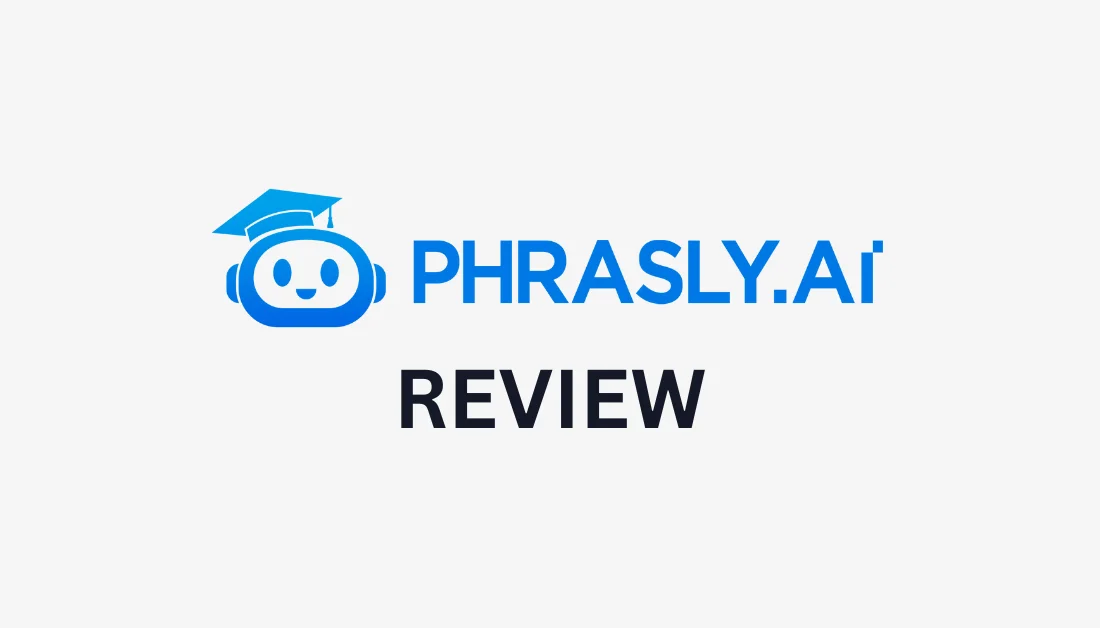Many people believe that Artificial Intelligence (AI) is the present and future of the technology sector. Many industry leaders employ AI for a variety of purposes, including providing valued services and preparing their companies for the future.
Data security, which is one of the most important assets of any tech-oriented firm, is one of the most prevalent and critical applications of AI. With confidential data ranging from consumer data (such as credit card information) to organizational secrets kept online, data security is vital for any institution to satisfy both legal and operational duties. This work is now as difficult as it is vital, and many businesses deploy AI-based security solutions to keep their data out of the wrong hands.

Because the world is smarter and more connected than ever before, the function of Artificial Intelligence in business is critical today. According to several estimates, cyberattacks will get more tenacious over time, and security teams will need to rely on AI solutions to keep systems and data under control.
- Identifies Unknown Threats
A human may not be able to recognize all of the hazards that a business confronts. Every year, hackers launch hundreds of millions of assaults for a variety of reasons. Unknown threats can cause severe network damage. Worse, they can have an impact before you recognize, identify, and prevent them.
As attackers test different tactics ranging from malware assaults to sophisticated malware assaults, contemporary solutions should be used to avoid them. Artificial Intelligence has shown to be one of the most effective security solutions for mapping and preventing unexpected threats from wreaking havoc on a corporation.
- Flaw Identification
AI assists in detecting data overflow in a buffer. When programs consume more data than usual, this is referred to as buffer overflow. Aside from the fault caused by human triggers breaking crucial data. These blunders are also observable by AI, and they are detected in real-time, preventing future dangers.
AI can precisely discover cybersecurity weaknesses, faults, and other problems using Machine Learning. Machine Learning also assists AI in identifying questionable data provided by any application. Malware or virus used by hackers to gain access to systems as well as steal data is carried out via programming language flaws.
- Threat Prevention

Artificial Intelligence technology is constantly being developed by cyber security vendors. In its advanced version, AI is designed to detect flaws in the system or even the update. It’d instantly exclude anybody attempting to exploit those issues. AI would be an outstanding tool for preventing any threat from occurring. It may install additional firewalls as well as rectify code faults that lead to dangers.
- Responding to Threats
It's something that happens after the threat has entered the system. As previously explained, AI is used to detect unusual behavior and create an outline of viruses or malware. AI is currently taking appropriate action against viruses or malware. The reaction consists mostly of removing the infection, repairing the fault, and administering the harm done. Finally, AI guarantees that such an incident does not happen again and takes proper preventative actions.

- Recognize Uncharacterised Action
AI allows us to detect unusual behavior in a system. It is capable of detecting unusual or unusual behavior by continually scanning a system and gathering an appropriate amount of data. In addition, AI identifies illegal access. When unusual behavior is identified, Artificial Intelligence employs particular elements to determine whether it represents a genuine threat or a fabricated warning. Machine Learning is used to help AI determine what is and is not aberrant behavior. Machine Learning is also improving with time, which will allow Artificial Intelligence to detect even minor anomalies. As a result, AI would point to anything wrong with the system.







Your article helped me a lot, is there any more related content? Thanks!